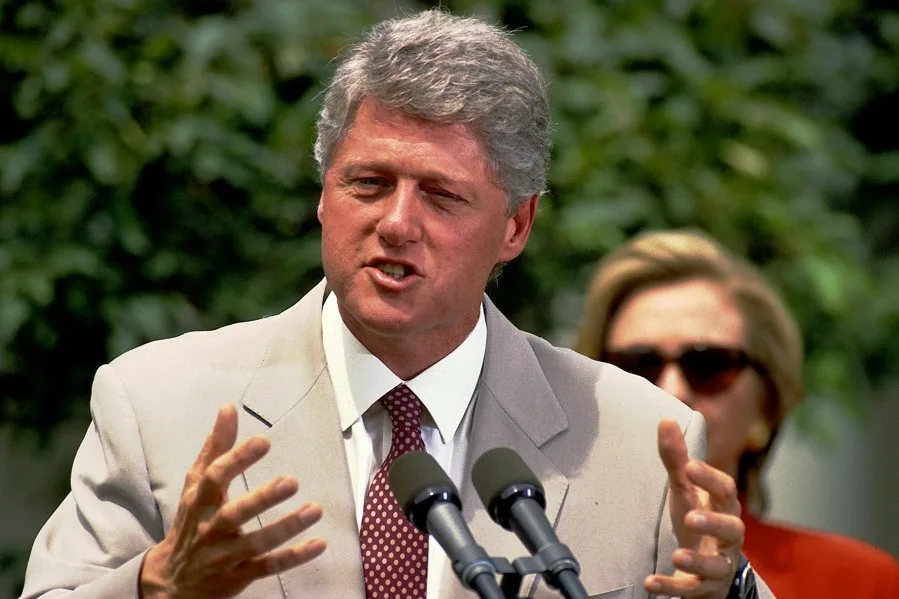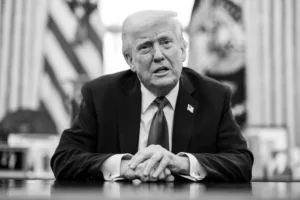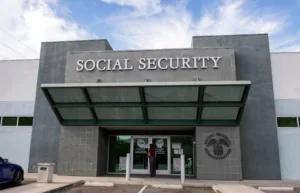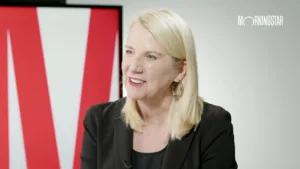Key Points
- In the late 1990s, President Bill Clinton spearheaded a major effort to reform the U.S. Social Security system.
- The proposed changes were heavily inspired by Chile’s successful privatization of its pension system, a model created by economist José Piñera.
- Clinton’s plan included the creation of “universal savings accounts,” marking the first time a sitting U.S. president publicly endorsed personal retirement accounts.
- The historic, bipartisan momentum for the reform was ultimately derailed by the political fallout from Clinton’s impeachment scandal, which drained his political capital.
- The unresolved issues of Social Security’s solvency continue to be a major driver of U.S. federal debt today.
Twenty-five years ago, the United States stood at a crossroads, on the verge of a monumental shift in how Americans save for retirement. In an era of dot-com booms and post-Cold War optimism, President Bill Clinton was preparing to tackle one of the most challenging and stagnant areas of public policy: Social Security. His ambitious plan, which nearly came to fruition, would have introduced personal retirement accounts, fundamentally reshaping the nation’s financial future.
A Bold Idea from South America
The catalyst for this potential revolution was an innovative pension reform that took place in Chile. The architect of this change, José Piñera, a Harvard-educated economist, had transformed his country’s failing, state-run retirement system in 1980. He implemented the world’s first fully funded system of personal retirement accounts, empowering workers to invest their own payroll contributions in privately managed funds.
This market-based approach, which harnessed the power of compound interest and individual choice, caught the attention of Washington. After a 1996 visit to Chile, Mack McLarty, Clinton’s special envoy to the Americas, championed the Chilean model. He reported back that “the reform of Chile’s pension system has been a critical contributing factor… to Chile’s ongoing economic success… I believe we can learn a great deal from your country’s bold initiative.”
Piñera himself argued that the reform was about more than just economics. “This reform is about citizens’ empowerment,” he wrote in a letter to The Wall Street Journal. He emphasized that individual accounts would help people escape poverty by allowing them to build personal wealth, affirming the principle that individuals, not the state, are best suited to control their own futures.
Clinton’s Push for Historic Reform
By 1998, the idea had gained significant traction within the White House. During his State of the Union address that year, President Clinton formally announced his intention to “save” Social Security. “I will convene the leaders of Congress to craft historic bipartisan legislation,” he declared, signaling a serious commitment to overhauling the system for the 21st century.
A window of opportunity had opened for what could have been a landmark achievement. The concept of personal retirement accounts was gaining bipartisan support, and the country seemed ready for a conversation about individual ownership and financial freedom.
However, the political landscape was about to change dramatically. The Monica Lewinsky scandal and subsequent impeachment proceedings consumed the White House, draining President Clinton of the political capital and credibility needed to shepherd such a massive legislative effort.
The Final Attempt and a Lost Opportunity
In 1999, despite his diminished political standing, Clinton made one final push. He proposed a plan to “establish universal savings accounts,” which would have been funded by projected budget surpluses and used tax credits to automatically invest in individual accounts. This proposal marked the first time a sitting U.S. president had ever publicly called for personal retirement accounts.
But the moment had passed. The bipartisan spirit had evaporated amidst the political turmoil, and the ambitious reform effort collapsed. The conversation about structural change went silent, and the “what if” of Clinton’s plan became a footnote in American policy history.
Today, the issues Clinton sought to address have only grown more urgent. Entitlements remain the single largest driver of the ballooning federal debt, and the Social Security “time bomb” continues to tick louder. The vision of individual empowerment and personal responsibility championed by Piñera and nearly enacted by Clinton remains a stark reminder of a historic opportunity that slipped away, leaving future generations to face the consequences.
Image Referance: https://thedailyeconomy.org/article/the-pension-reform-bill-clinton-almost-brought-to-america/






